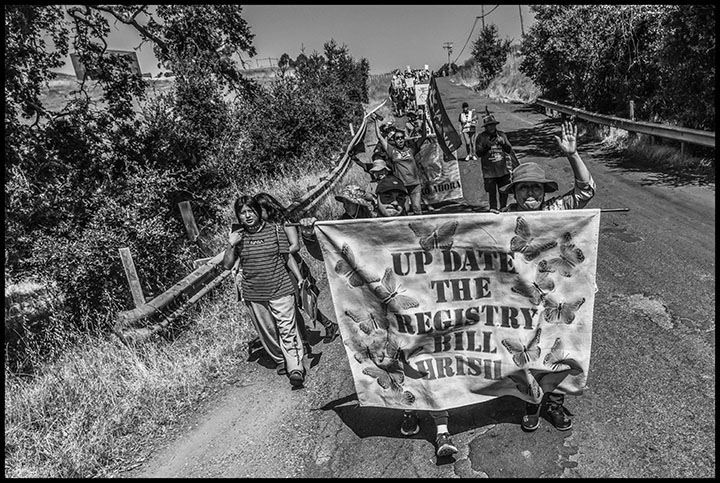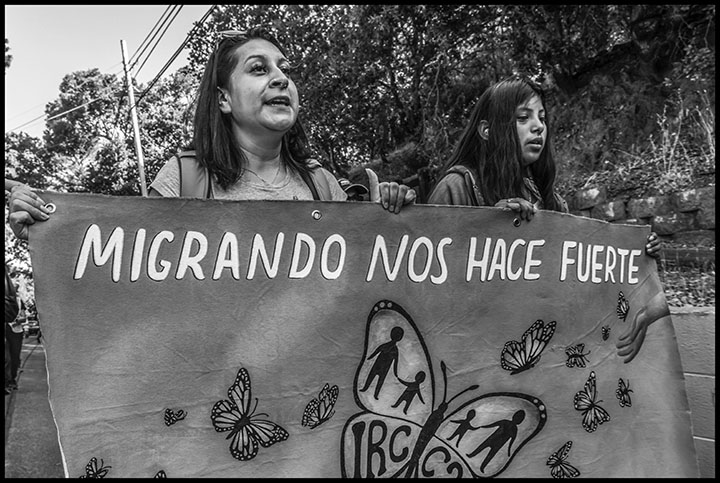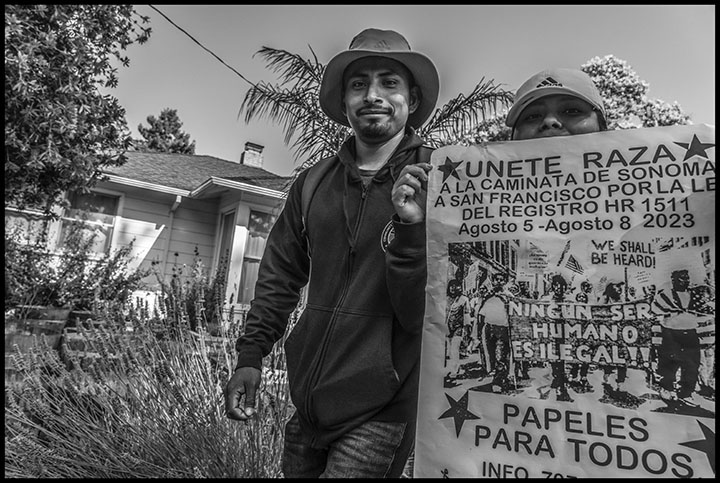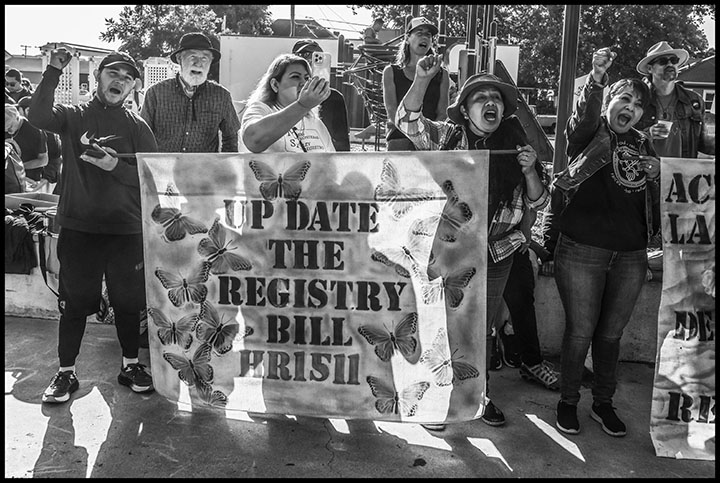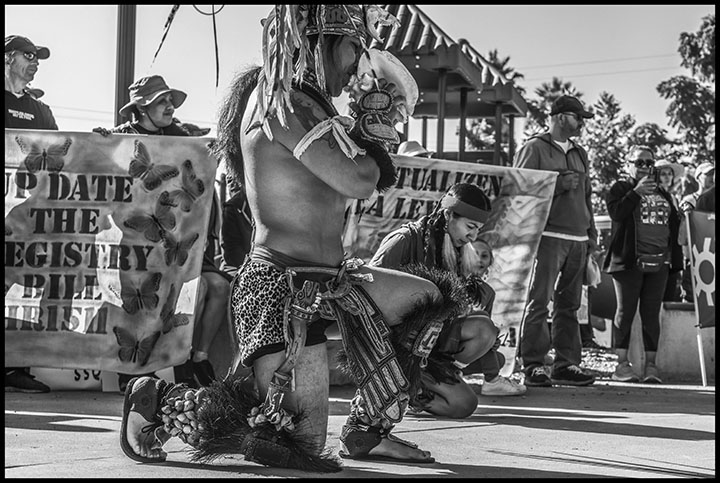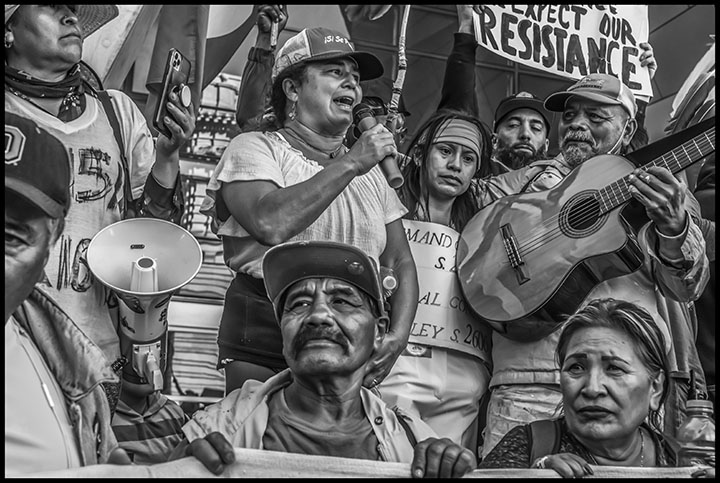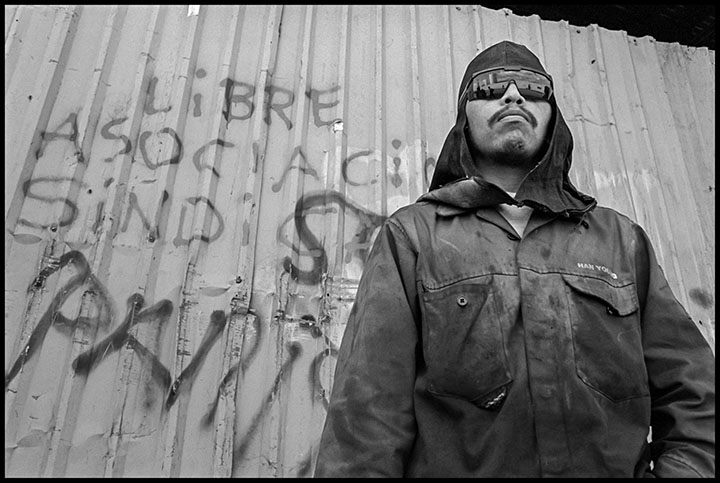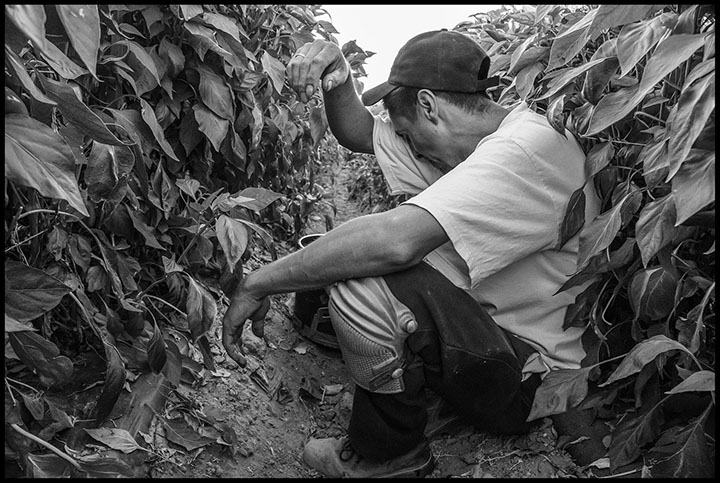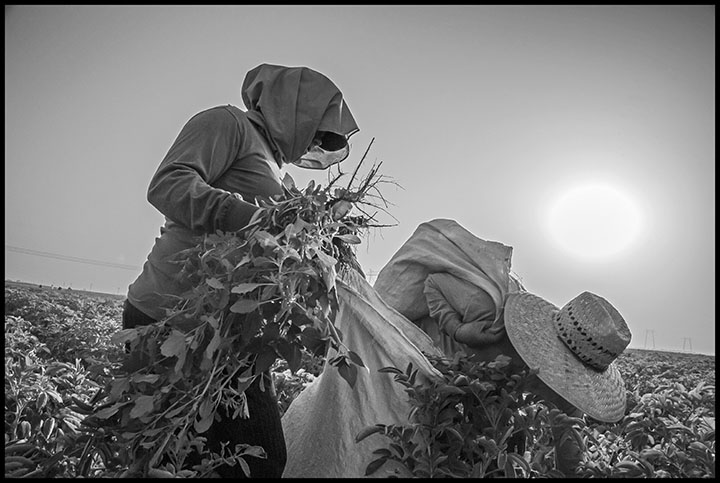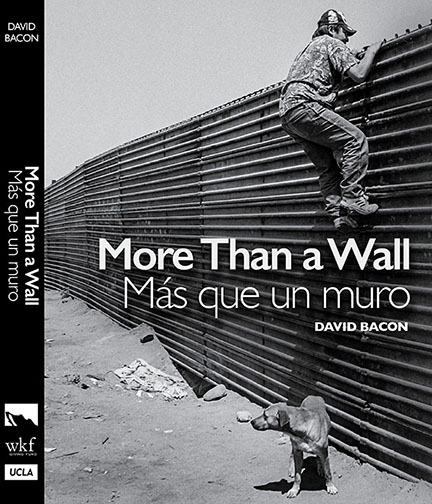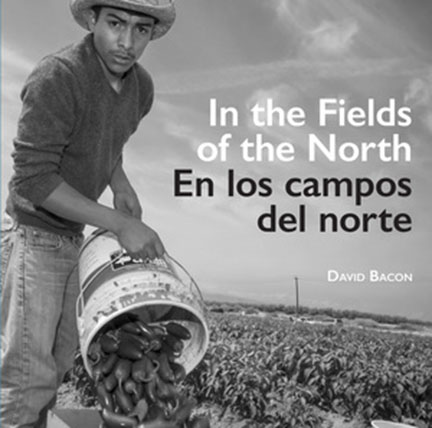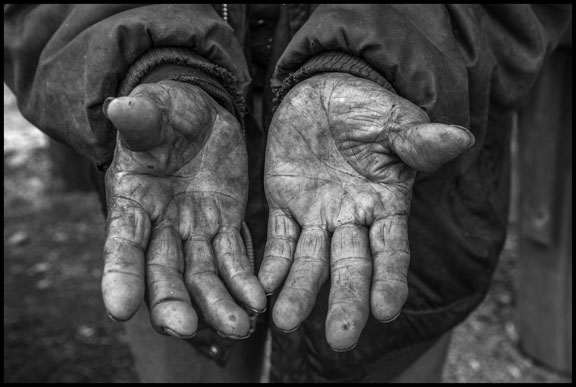Violence in Kirkuk today has resulted in a curfew. What's going on? Why is it happening? You have to go back a bit. Abdulrahman Zeyad and Qassim Abdul-Zahra (AP) explain:
Federal forces seized Kirkuk and the surrounding oil fields in October 2017 after Kurdish regional authorities organized a symbolic but controversial referendum for Kurdish independence. The KDP vacated its headquarters in the city at the time.
The agreement to form the current government, under the leadership of Prime Minister Mohammed Shia al-Sudani, included a provision for the return of the Kurdistan Democratic Party to the province.
Oil-rich Kirkuk, the disputed area. Julian Bechocha (RUDAW) explains:
Kirkuk is a multiethnic city home to Kurds, Arabs, and Turkmen, as well as an Assyrian minority. The city was under joint administration before 2014, when Kurds took full control after Iraqi forces withdrew in the face of a brazen offensive by the Islamic State (ISIS) group threatening the city. Kurds held Kirkuk until October 16, 2017, when Iraqi forces retook control and expelled Kurdish security forces following the Kurdistan Regional Government’s (KRG) independence referendum. While other Kurdish political parties remain active in Kirkuk, the KDP refused to return, saying the city was “occupied” by Shiite militias.
But now, the return is supposed to be taking place.
In the leadup to this handover, IANS notes, clashes began taking place, "The Arabs and Turkmens have been protesting over the past few days against the return of the KDP, including blocking streets, setting tyres on fire, and staging a sit-in outside the building to prevent the KDP from reclaiming their headquarters." Simon Rushton (THE NATIONAL) counts 3 dead (two "shot in the chest and a third in the head") and over a dozen inured -- the injured "including Kurds, Arabs and three members of the security forces." REUTERS counts fourteen injured. ALJAZEERA reports:
Masoud Barzani, a veteran Kurdish leader, accused “rioters” of blocking the highway from Kirkuk to Erbil, the Kurdish capital, with their sit-in.
He said this was “creating a tense and dangerous situation for residents”.
Barzani said it was “surprising” that security forces had not prevented “the chaos and illegal behaviour of those blocking the road”, while on Saturday, “violence was used against Kurdish youth and demonstrators”.
MIDDLE EAST EYE notes, "Prime Minister Mohammed al-Sudani ordered a curfew in the city to prevent an escalation of the violence."
In other news, an Iraqi poet has passed.
Karim Al Iraqi passed away today... his words in one of the interviews #كريم_العراقي pic.twitter.com/38ZIFEzc7R
— سـامي (@semo__095) September 1, 2023
KHALEEJ TIMES reports, "Renowned poet Karim Al Iraqi, whose real name is Karim Oudah, passed away on Friday in an Abu Dhabi hospital. He was 68." He was born February 18, 1955 in Baghdad. EL CINEMA notes:
A contemporary Iraqi poet, born in Baghdad. He received a diploma in child psychology and music from the Teachers Institute in Baghdad, then worked as a school teacher for several years. He started writing songs in 1974, as he wrote the children's songs The Umbrella and O, Seamstress Aunt. He wrote more than 70 songs for Kadim Al Sahir. He also wrote songs for famous singers such as Diana Haddad, Fadl Shaker and Hany Shaker.
IRAQI NEWS adds, "Arif Al-Saadi, the advisor for Cultural Affairs to the Prime Minister Mohammed Shia’ Al Sudani, confirmed the passing. On his own Facebook page, Al-Saadi said: 'I mourn for you the poet Karim Al-Iraqi, who passed away at in Abu Dhabi'." In 2021, IRAQ NOW noted:
The poet Kareem Al-Iraqi was born on February 18, 1955 in Karrada, Baghdad. Al Iraqi was graduated from the Baghdad Teachers Institute in psychology and children's music. Kareem Al-Iraqi worked as a teacher in Baghdad schools for several years and then worked as a supervisor specialized in writing.
Kareem Al-Iraqi was famous for poems that encouraged Iraqi soldiers to fight in the Iran-Iraq war. The relationship between Al-Iraqi and the artist Kadhim Al-Sahir also started in the army. Their first songs were the series شجاهه الناس (People's Courage) and from the tunes of lightness, معلم على الصدمات قلبي(A teacher on the pain of my heart) and افرح ولا تحرموني منه (Rejoice and don't deprive me of it).
The real start of al Iraqi was upon visiting Cairo, Egypt with Kadhim Al Sahir and by dealing with Arab artists like Diana Haddad, Fadl Shaker, Omar Al-Abdelat, Samira Saeed, Mohamed Mounir, Hani Shaker, Asala Nasri, Saber Al-Rabai, and others as well as the singers Iraqi expatriates among them Reda Khayat, Majid Almohandis, Adel Mokhtar, Reda Al-Abdullah and others.
In the early nineties, Karim relocated from Iraq to Tunisia and later moved across various Arab nations before finally settling in the UAE. Apart from his poetic contributions, he held editorial positions in prominent magazines and was a member of the Association of Authors and World Music Publishers.
One of his notable accolades includes the UNICEF Award for Best Humanitarian Song, which was composed and sung by Kazem Al Saher.
Among his vast body of work are published books, folk tales, poems for children, novels, television programs, plays, albums, and even screenplays. His book “Here is Baghdad” published in Dubai in 2009 stands as a testament to his love for his homeland.
The following sites updated:

